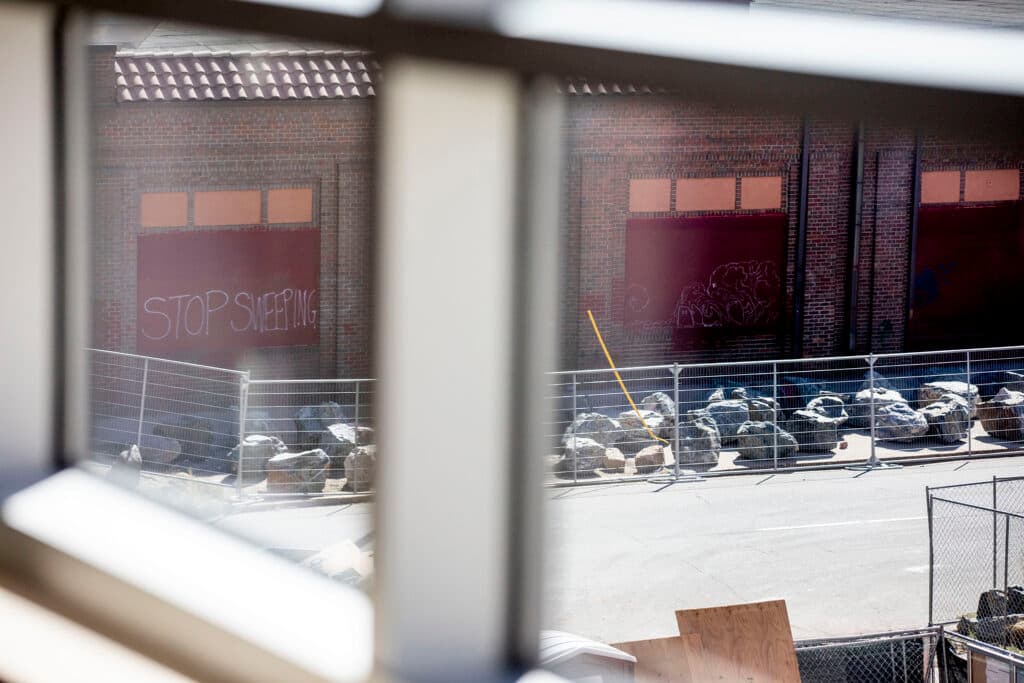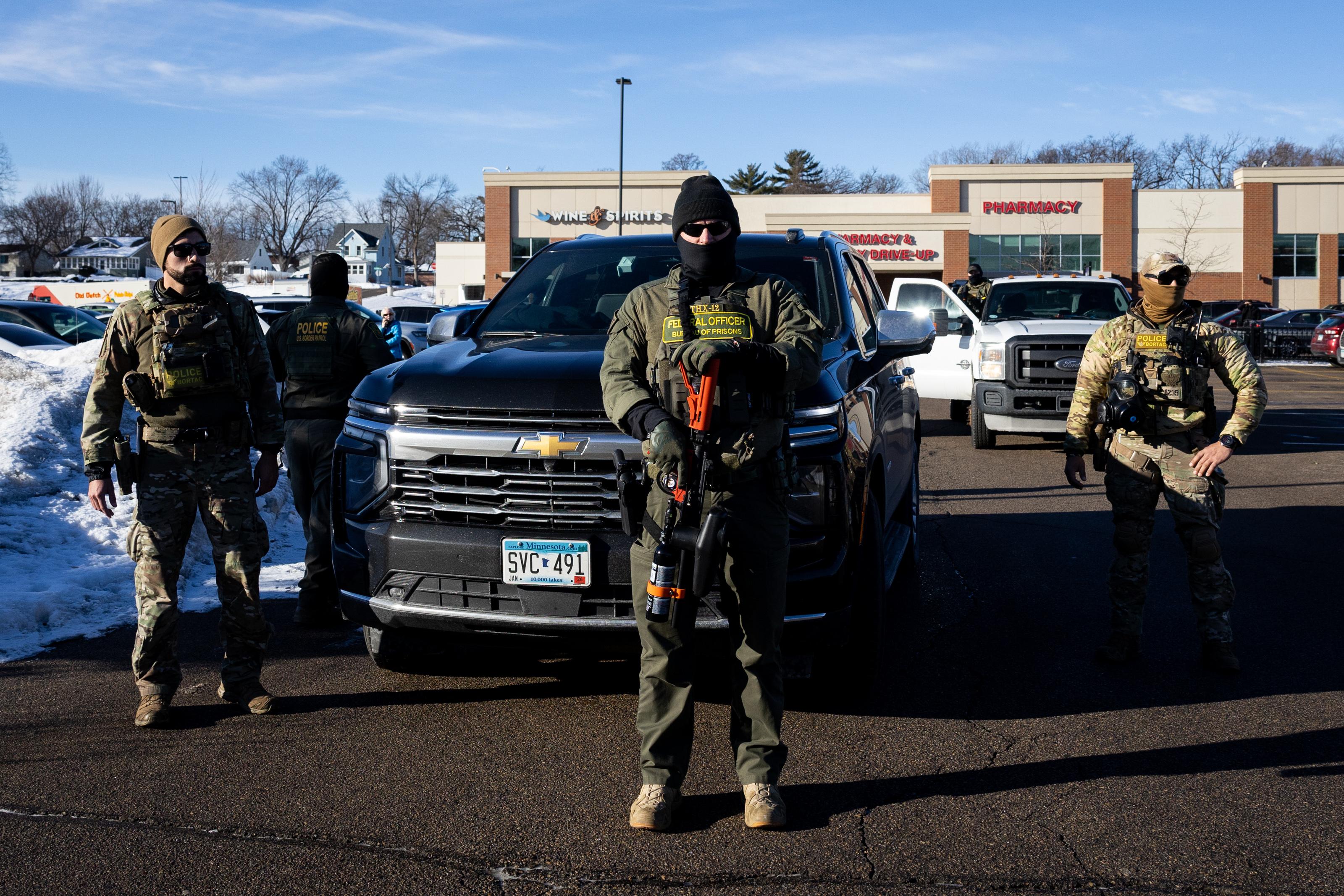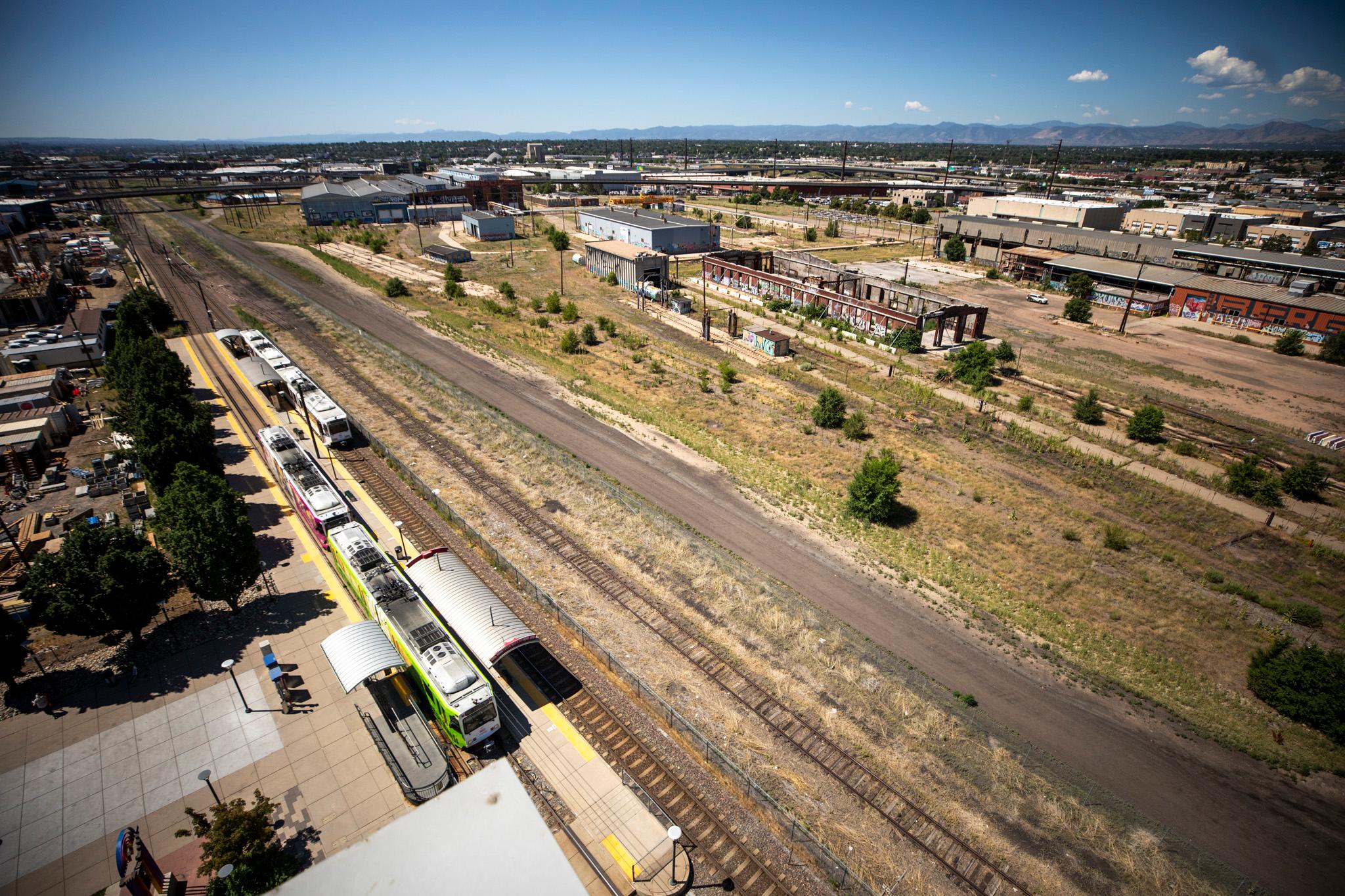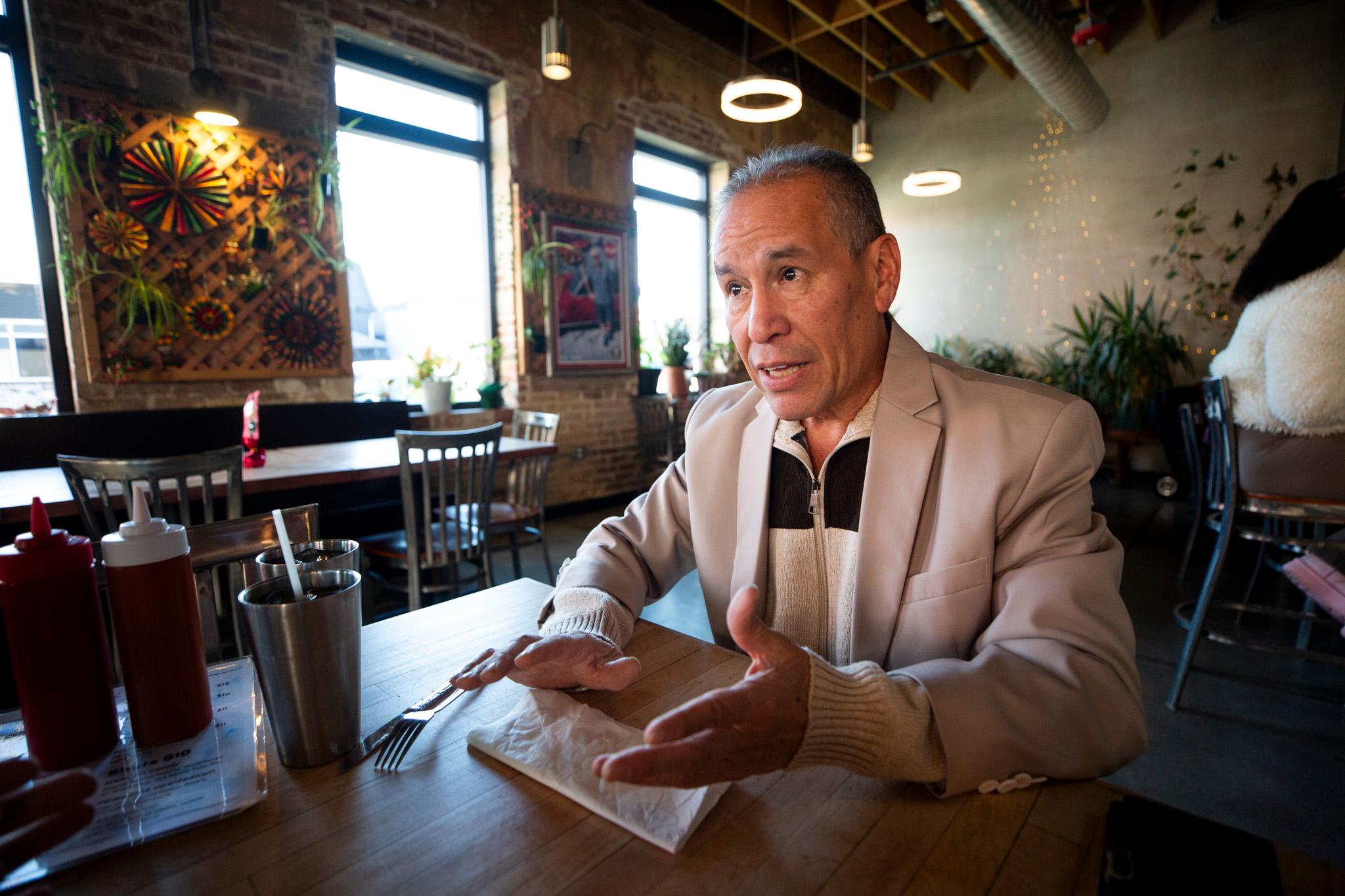For more than four months, the Colorado Coalition for the Homeless has provided medical services at the city’s All In Mile High homeless shelters without funding or a contract with the city.
The result: Without the $1.7 million in funding it’s supposed to receive, the Coalition has reduced its on-site medical care, and two of four nurse positions are empty.
More than four months after work began, Denver City Council has still not approved the contract, and the city has not recently paid the Coalition for its ongoing shelter healthcare work. The All In Mile High shelters are owned by the city and are part of Mayor Mike Johnston’s signature effort to end street homelessness.
The issue will return to a council committee in mid-May for further discussion and a possible vote. By the time the full council could consider the contract, nearly half a year of the Coalition’s work would have gone unpaid.
As for the empty nurse positions?
“We can't hire new ones until we get paid for the contract,” said Cathy Alderman, a spokesperson for the Coalition. “It impacts our ability to meet the contract requirements for the full year, because we're so late getting the contract through.”
City Council has been mulling the funding since the fall.
Council members want more information before approving the contract for work that has already started.
“I have been very skeptical about this contract,” Councilmember Darrell Watson said at a meeting of the Safety, Housing, Education and Homelessness Committee in late April.
Watson wanted more clarity on the specific services provided and patient outcomes — data the Coalition said it would take time and money to compile. The nonprofit said it could not provide all the data requested without a contract in place and funding to do the work.
After a heated discussion, the committee decided to postpone a vote indefinitely while it gathered more information.
“We're bad actors,” said City Council President Amanda Sandoval, who voted to postpone the contract decision, while apologizing for the lag. “We're bad business partners. To not pay someone for four months, you would go to collections in the real world.”
But Denver government doesn’t abide by those real-world rules.
The mayor’s spokesperson Jon Ewing characterized the four-month lag in finalizing a contract as “nothing that interesting,” in a text message.
Government often takes months to approve a contract for work that has already started, he said.
“The process takes as long as it takes,” he wrote. “CCH does an amazing job, and we’re making sure they are compensated for all they do for the people of Denver.”

While the group carries on with much of its work under the assumption it will eventually be paid for its services, the future of the contract is uncertain and payment is not guaranteed. City council could still shoot it down.
Alderman is optimistic the contract will be renewed. The Coalition has a longstanding relationship with the city and has been critical to its homelessness resolution response.
“If we get to two weeks from now and the questions keep coming, I think I will have a little more anxiety about whether this contract is going to be approved,” Alderman said.
Homeless service providers face uncertainty and tough questions from the city.
City Council has renewed millions in contracts with both the Salvation Army and the Colorado Coalition for the Homeless this year.
Yet the Salvation Army lost a $2.7 million contract with the city to rapidly rehouse 50 homeless families after some council members said they lost faith in the group’s work.
Last year, the Salvation Army rehoused 70 families.
“We think we're doing the work really well,” Salvation Army spokesperson Jennifer Forker told Denverite after the contract was shot down.
In 2026, the city could select new nonprofits for its homelessness contracts. The city has put out a call for proposals for groups to run shelters, provide food, health care and more.
Some advocates and council members argue large organizations like the Colorado Coalition for the Homeless and the Salvation Army have a monopoly on city contracts. Some of those critics think smaller nonprofits could be more effective, while larger groups argue they have done the work successfully for decades and are best equipped to manage large-scale solutions to homelessness.
The big nonprofits have another advantage, too: They can weather government delays in contracting and paying. But if the city wants to bring in smaller nonprofits, it will have to stop delaying contracts, Sandoval said.
“We have this practice that doesn't allow other service providers in this space — smaller service providers,” Sandoval said.










